TinaExplores Leak: What It Means For Your Online Content And Privacy
Something about the online space feels a bit different these days, doesn't it? We share so much, and then, you know, things happen. Recently, there's been quite a bit of chatter about something called the tinaexplores leak, and it has many folks wondering what it all means. This kind of talk, you see, often brings up questions about how safe our personal stuff really is when we put it out there.
A lot of people are curious about what went on, and more importantly, what lessons we can pick up from situations like this. It's not just about one person or one event, really. It's about a bigger picture of how we handle our digital lives. We put our thoughts, our work, and sometimes, even our feelings online, and it's fair to expect a certain level of safekeeping for all that.
This article will look into the general idea of an online information spill, using the tinaexplores leak as a way to talk about these broader points. We'll go over what folks are usually concerned about, how these sorts of things might happen, and, perhaps most importantly, what steps we can take to keep our own online presence a bit more secure. So, let's get into it, shall we?
Table of Contents
- Who is TinaExplores?
- What is the TinaExplores Leak All About?
- Why Online Information Security Matters More Than Ever
- Safeguarding Your Digital Footprint
- What to Do if Your Information Gets Out
- Common Questions About Online Information Spills
Who is TinaExplores?
For the purpose of our discussion, let's picture TinaExplores as a popular online content creator, someone who shares a lot of their life and projects with a big audience. She might be known for travel videos, maybe some art projects, or perhaps even giving advice on living a creative life. Her content, you know, tends to be very personal and engaging, which is why so many people follow her work.
She could be someone who built her following by showing the world her journeys, her thoughts, and her daily routines. This kind of open sharing, while it builds a strong connection with followers, also means a lot of personal bits are out there. So, when something like a leak happens, it feels, in a way, very close to home for her audience too.
Personal Details and Bio Data
To give you a better idea of the kind of person we are talking about, here's a hypothetical look at TinaExplores's background:
| Detail | Information (Hypothetical) |
|---|---|
| Full Name | Martina 'Tina' Chen |
| Known For | Travel Vlogs, DIY Projects, Lifestyle Content |
| Platform(s) | Video Sharing Sites, Social Media, Personal Blog |
| Content Focus | Exploring cultures, creative endeavors, personal growth |
| Follower Count | Millions across platforms (as of early 2024) |
| Online Presence Started | Around 2018 |
| Public Persona | Authentic, adventurous, community-focused |
What is the TinaExplores Leak All About?
The talk about a tinaexplores leak, as we're imagining it, points to a situation where some of her private information or unreleased content might have become public without her permission. This could involve, for instance, private messages, early drafts of her work, or perhaps even personal photos not meant for public viewing. It's a rather unsettling thought for anyone who puts themselves out there, you know.
Such events often start from a weak spot in a system, like a security oversight on a platform she used, or maybe a phishing attempt that tricked someone into giving up access. It could even be something as simple as an old, forgotten account with weak protection. The details, in a way, vary greatly with each instance, but the main point is always a loss of control over one's own information.
The fallout from something like this can be pretty big. It can hurt trust, cause a lot of stress for the person involved, and even lead to bigger problems if sensitive data is out there. This is why, you see, discussions around the tinaexplores leak, even as a concept, are so important for everyone who spends time online.
Why Online Information Security Matters More Than Ever
In our connected world, where so much of our lives happens online, keeping our information safe is, you know, pretty much a must. Every photo we share, every message we send, every bit of work we upload, all of it forms a part of our digital story. When that story gets told by someone else, or parts of it are revealed without permission, it can feel like a real invasion.
The internet, you see, is a wonderful place for connecting and sharing, but it also has its rough edges. There are people out there who look for ways to get at private data, whether for money, for fun, or just to cause trouble. So, understanding how to keep your own stuff locked down is, in some respects, a basic skill for modern living.
A situation like the hypothetical tinaexplores leak just brings this point home. It shows that even people with a big online presence, who you might think have lots of protection, can still face these kinds of challenges. This really just goes to show that everyone, no matter how big or small their online footprint, needs to be thoughtful about their security practices.
Safeguarding Your Digital Footprint
So, what can we, you know, actually do to protect ourselves and our online content? There are quite a few simple steps that can make a real difference. It’s not about being scared of the internet, but rather about being smart and ready. We can all learn from these discussions, so to speak, and put better habits into practice.
Strong Passwords and Two-Factor Checks
This is probably the most basic, yet often overlooked, step. Using a strong, unique password for every single online account is, well, pretty much non-negotiable. Think of it like having a different, sturdy lock for each door in your house. Reusing passwords, you know, is like using the same flimsy key for everything.
Then there's two-factor checking, which is a bit like adding a second lock. This means that even if someone gets your password, they still need a code from your phone or another device to get in. Most services offer this now, and it's a very good idea to turn it on for everything important, like your email and social media. It just adds that extra layer of safety, you see.
Knowing What You Share
Before you post something, take a moment to think about who might see it and if you're comfortable with that. This is especially true for personal photos, location details, or private conversations. Once something is online, you know, it's pretty hard to take it back completely.
Check your privacy settings on social media and other platforms. Many people don't realize just how much information is set to "public" by default. A little bit of time spent adjusting these settings can really limit who sees your posts and your personal data. It's, in a way, about being the boss of your own information.
Regular Checks on Your Accounts
It's a good habit to, you know, look over your online accounts now and then. Check for any unusual activity, like login attempts from strange places or messages you didn't send. If something seems off, it's better to act quickly.
Also, think about old accounts you no longer use. If you've got accounts from years ago that you've forgotten about, they could be weak spots. It's a good idea to close them down if you don't need them anymore, or at least update their passwords. This is, you know, a pretty straightforward way to tidy up your digital life.
Staying Aware of Phishing and Scams
Many leaks happen because someone falls for a trick, like a fake email or message that looks real. These "phishing" attempts try to get you to give up your login details or other private information. They can be very convincing, so it's important to be on guard.
Always check the sender of an email or message. If something feels a bit off, or too good to be true, it probably is. Never click on suspicious links or download attachments from people you don't know or trust. This is, apparently, a very common way for bad actors to get access.
What to Do if Your Information Gets Out
If you ever find yourself in a situation where your private information has been shared without your permission, like what the tinaexplores leak, you know, brings to mind, it can feel pretty awful. But there are steps you can take to lessen the harm and get things back under control.
First, change all your passwords immediately, especially for any accounts that might be linked to the leaked information. Make sure these new passwords are very strong and unique. Then, turn on two-factor checking for everything you can. This is, basically, your first line of defense.
Next, tell the platforms or services where the leak happened. They might be able to help take down the information or give you advice. You might also want to let friends and family know, especially if the leak involves personal details that could affect them. It's a tough spot to be in, but acting quickly really helps. You can learn more about online safety on our site, and link to this page for more ideas on keeping your data safe.
Common Questions About Online Information Spills
What happens if my personal information is leaked?
If your personal information gets out, you might face things like identity theft, unwanted messages, or even attempts to get into your other online accounts. It can also cause a lot of worry and stress. So, you know, it's a serious matter that requires quick action to protect yourself.
How can I tell if my information has been part of a leak?
Often, companies will tell you if their systems have been compromised and your data might be involved. You can also use websites that check if your email address has appeared in known data breaches. It's a bit like checking if your house keys, you know, have been copied without your knowing.
Is there anything I can do to prevent future leaks?
While no system is completely foolproof, you can make it much harder for your information to get out. Using strong, different passwords, turning on two-factor checking, being careful about what you share, and staying alert to scams are all very good steps. Regularly reviewing your privacy settings also helps a lot, as a matter of fact.
The talk around something like the tinaexplores leak really does give us a chance to think about our own online habits. It's about being a bit more careful, a little more aware, and, you know, taking charge of our own digital lives. By putting these steps into practice, we can all feel a bit safer as we connect and share online. For more general advice on keeping your data safe online, you could check out resources from organizations like the Federal Trade Commission.

Instant leak | Scrolller

celeb_leak_

Ms. Sethii Leak: The Untold Story - TAMU